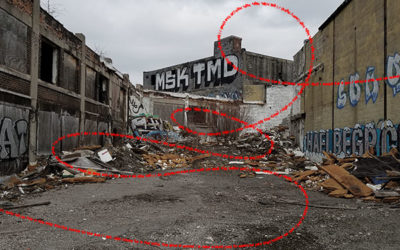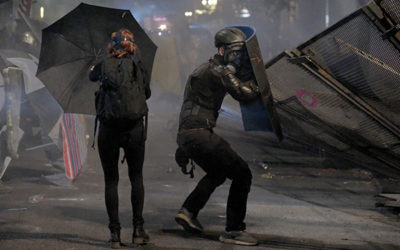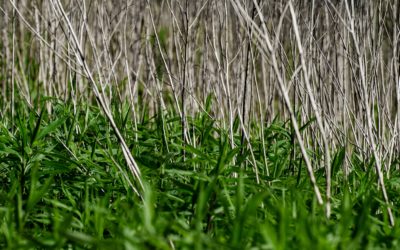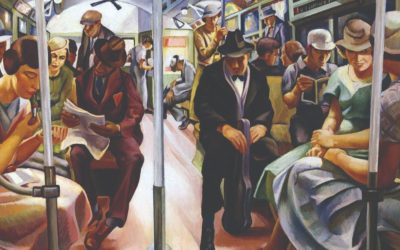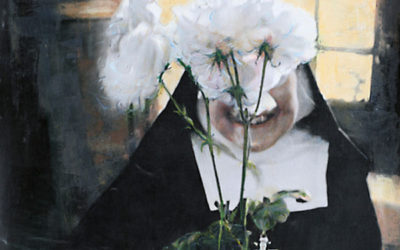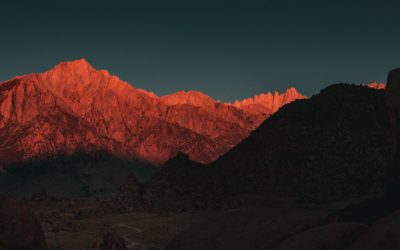The third in a three-part series by Pastor Stuart McAlpine on the Theology of Race.


Stuart McAlpine
The third in a three-part series by Pastor Stuart McAlpine on the Theology of Race.
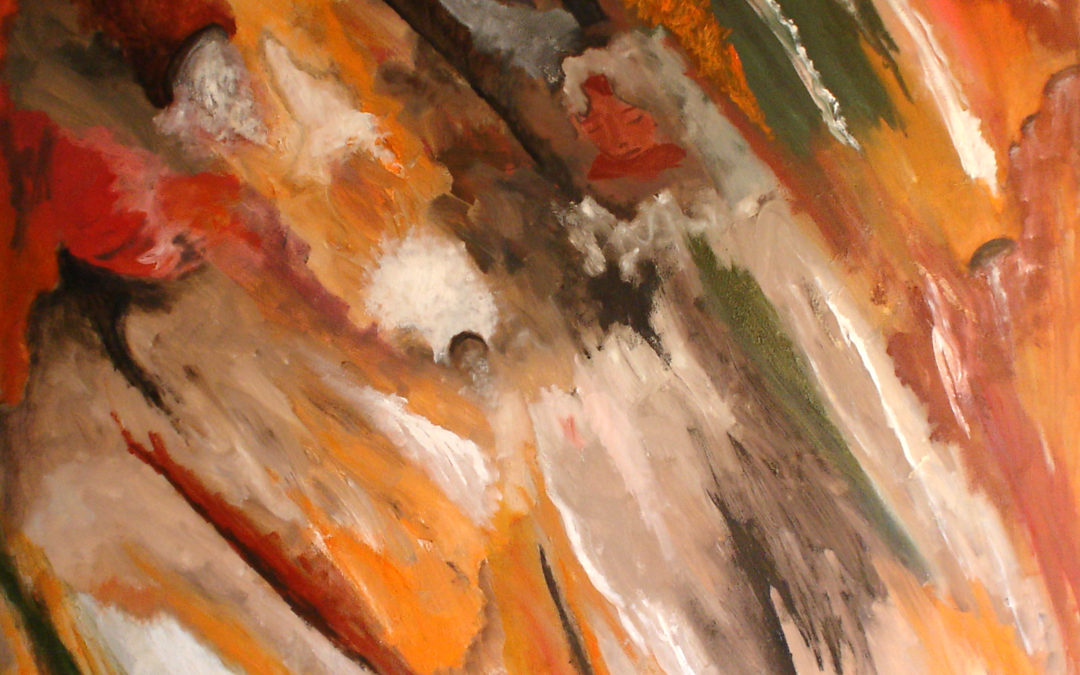
Mgr. Ronald Knox
In this homily, we are drawn into some vivid closing scenes of Christ’s earthly life, “The Trial.” We are invited to ponder His silence, and then the significance of his few choice words during, both of which point to who He claims to be. Knox proceeds to canvass before roundly rejecting currents of Biblical criticism, which sought to gainsay Christ’s divinity.

Klaas Schilder
“We must acknowledge that the hymn of praise sung at the conclusion of the meal of the Passover is as worthy of our careful attention as are the words of the cross, taken singly.”
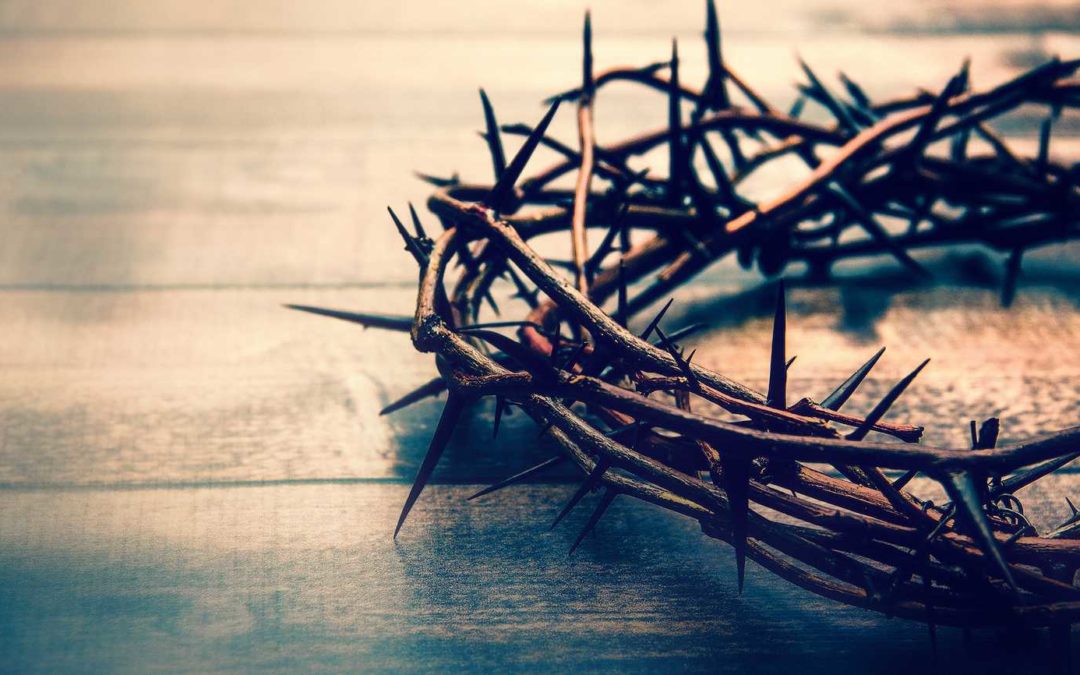
Zito Madu
In 2002, the rapper Styles P released what is his most popular and memorable song, “Good Times.” The song’s title is ironic, and the chorus, which features a high-pitched voice singing I get high, high, high, is misleading. The lyrics don’t celebrate good times, nor...
Patrick Tomassi
“What’d you see?” a man shouted. Around him, a crowd of black-clad activists gathered outside the Multnomah County Democrats building in northeast Portland, Oregon, the Sunday night after the US presidential election in November 2020. “You didn’t see shit!” the...
Eberhard Arnold
Here, Arnold lays out the theological rationale for a common life, which is rooted not in the optimism of socialism, but in the power of God to recreate a community out of fragmented society.
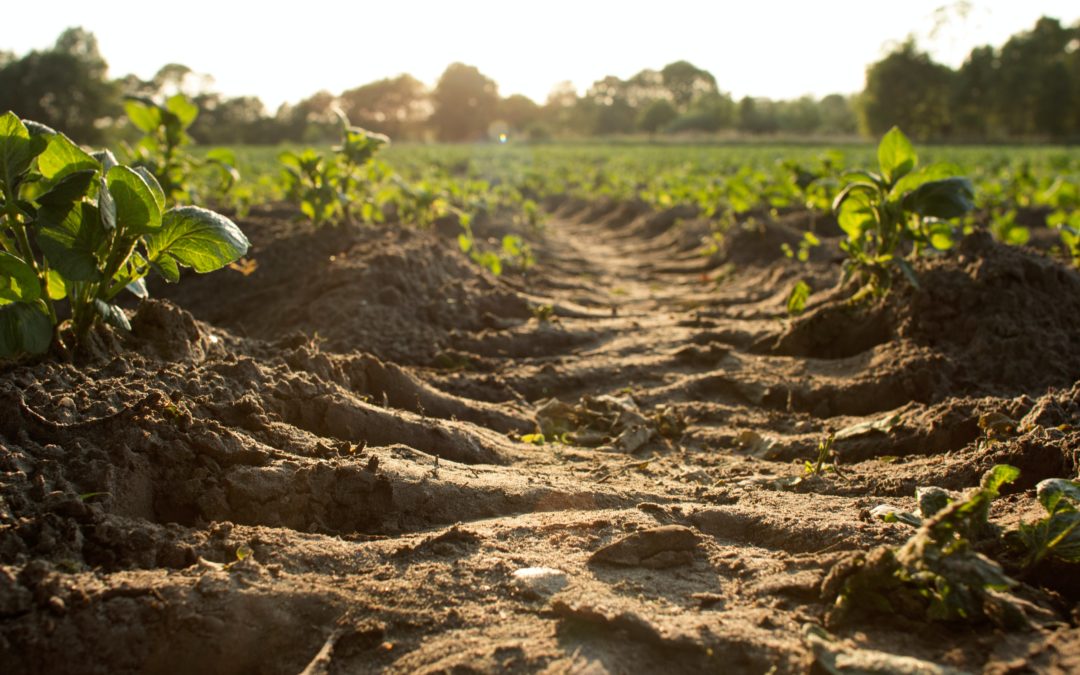
Isaac Villegas
“Do not fear, O soil; be glad and rejoice,” Joel says the to ground, to the land, to the earth under his feet, passing on a message from God. And there’s a reassurance in Joel’s prophecy for the animals too: “Do not fear, you animals of the field, for the pastures of...
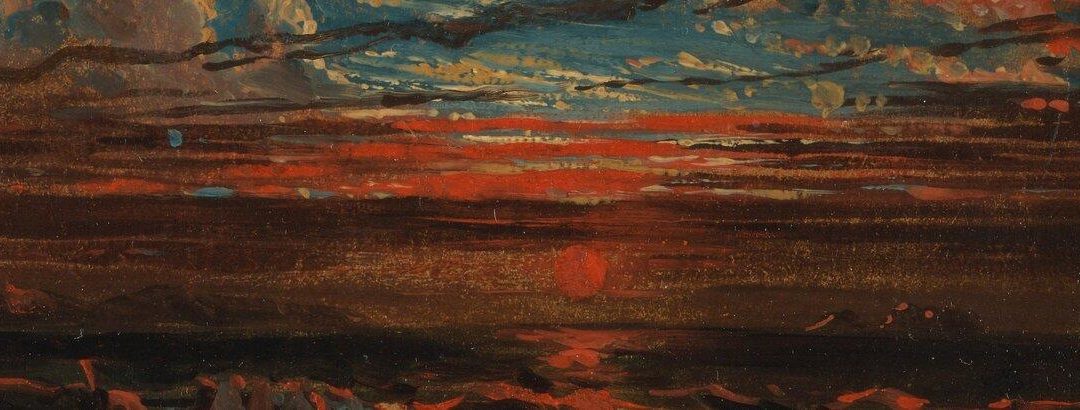
Tim Keller
Offended by Forgiveness After the 2014 deaths of Michael Brown in Ferguson, Missouri, and Eric Garner in New York City, a new movement for racial justice emerged, especially embodied by a new loose network called Black Lives Matter. “This ain’t your grandfather’s...
Martyn Lloyd-Jones
Is it possible that the gospel can be summarized in just two words? For Dr. Martyn Lloyd-Jones, the answer is an emphatic “yes.”
Katherine Boyle
When it comes to Silicon Valley, 2020 is not the great reckoning predicted in the book of Revelation, despite the fires, the plagues, and the wailing on Twitter. It is the resignation and determination of Exodus, of a dogged people packing up U-Hauls and fleeing this frontier state to seek an even newer, more eternal world.
Eric Liu, Michael Gerson
Michael Gerson: Eric, I really enjoyed your timely and important book. One of the most remarkable things about it is its form. I want to start off by asking: Why wrap civic engagement in the form of religion? Eric Liu: First of all, I’m so grateful we’re having this...
Andy Crouch
Icebergs, famously, have 90 percent of their mass below water. The largest modern cruise ships almost perfectly reverse that ratio, with 88 percent of their height above the waterline. Being a public person—someone who is recognized by people who do not actually know...
Sister Dominic Mary Heath
“I am feeling confused right now about what I want to give my neighbor.” A letter from a friend captured the feelings of many Americans this spring. This was back when “the Head Cheetah” – the only name I’ve heard her use for President Donald Trump that could also be...
Eberhard Arnold
“…However sharp their differences, this is the one thing that should unite all political factions, Christians and non-Christians: the inner certainty that everything must be completely different, that what destroys solidarity and shatters trust will in the end be overcome by joy in life and fellowship in justice. For the faith we hold is in a living God.”
In a kind of political Holy Saturday as this week has been, it’s worth returning to the office of readings for the real one each year. “Today there is a great silence over the earth, a great silence, and stillness, a great silence because the King sleeps; the earth was in terror and was still, because God slept in the flesh and raised up those who were sleeping from the ages. God has died in the flesh, and the underworld has trembled.”
Bill DeJong
“The Lord’s Supper is not only a taste of God’s love to nourish us; it’s also a banquet of God’s love to unite us.
There ought to be no rank at the Lord’s Supper, no hierarchy, no divisions. At the Lord’s Supper there aren’t employers and employees or teachers and students. There aren’t even husbands and wives, or parents and children. There’s only one category—believers, brothers and sisters.”
Martin Luther King, Jr.
“…Some of us who have already begun to break the silence of the night have found that the calling to speak is often a vocation of agony, but we must speak. We must speak with all the humility that is appropriate to our limited vision, but we must speak. And we must rejoice as well, for surely this is the first time in our nation’s history that a significant number of its religious leaders have chosen to move beyond the prophesying of smooth patriotism to the high grounds of a firm dissent based upon the mandates of conscience and the reading of history. Perhaps a new spirit is rising among us. If it is, let us trace its movement, and pray that our inner being may be sensitive to its guidance. For we are deeply in need of a new way beyond the darkness that seems so close around us…”
Dear Reader,
Welcome to Breaking Ground, a network of institutions and people which has grown out of a year-long publishing project. The publishing project was created by Comment in the spring of 2020 to use the resources of the Christian humanist tradition to respond collaboratively and imaginatively to the year’s significant crises—a public health and economic crisis provoked by COVID-19, a social crisis cracked open by the filmed murder of George Floyd, and a leadership crisis laid bare as the gravity of a global pandemic met the epistemological fracture of a country suffocating in political polarization and idolatry. What you’ll find here is a searchable archive of every essay, event, podcast, and sermon published from 2020–2021. It is a body of work that should stand the test of time: a record of a year that revealed the depths of our society’s fissures, and a collection of proposals and reflections on what should come after: how we can truly renew our civilization in this post-COVID world.
When the COVID-19 virus reached North American shores in early 2020, we all found ourselves scrambling to make sense of a chaotic and rapidly changing reality. There was no shortage of information in the pandemic’s early days, but the immediacy of the crisis and our society’s resulting shift to survival mode yielded media interpretations characterized more by short-term need and projection than anything attending systematically to the moral opportunity at hand. This reactivity quickly coalesced into a matched set of toxically partisan mirror-image narratives about what was happening and what it meant. A shared sense of reality—already fragile from years of an eroding social fabric—fractured still further as physical-distancing norms shuttered us inside our homes and attendant virtual silos. People were craving moral vision to make sense of what was happening, but few in those early days were providing it.
Comment, along with its key partner Plough, created Breaking Ground in an attempt to fill this vacuum, inviting a diverse array of Christian institutions to come together while requesting explorations along the following three axes:
1. Seeing clearly and deeply: What exactly is being revealed in this current crisis? About society? About the state of our own hearts?
2. Learning from the past: How have plagues historically provided opportunities for new beginnings, new building, a renewal of institutions?
3. Imagining the future: What institutions need renewing now, and how might that happen? What might be born anew in this time, and how do we help in the building?
One year later, and here we are. While not dispositively answering these questions, our contributors have explored them with rigor, depth, and almost unrivaled patience. In its collaborative beginnings, Breaking Ground has seeded a new public sphere—and, importantly, a frame for that sphere—that will now go on to nourish good thinking on and off the page, as we steward and prune our habits, our institutions, our cultural values, our politics.
For those of you who followed along with us as readers and writers, we thank you for making this a space where complex truths could be aired in public, where conversation could be rigorous in its search for truth yet grace-filled in its respect for the human face. We thank you for seeking to maintain a humble even-handedness in considering the nuances of thorny issues, and for braving an artful personalism—even confessional posture—as you reflected in public. And we thank you for choosing to venture with us into the hope that by breaking ground we might discover common ground.
So what’s next? Breaking Ground has finished a year of producing timely essays, podcasts, and events to focus now on nurturing the supporting network of twenty-plus institutions that joined Comment in building this project. This is a network distinguished primarily by our constructive vision for society—politically appreciative but not politically bound—as well as our commitment to tilling a more integrated field of Christian social thought and action for twenty-first-century challenges. While you can find Breaking Ground’s 2020/21 crisis-specific conversation here by way of the search function below, we encourage you to follow some of the very same writers you’ve so enjoyed here by subscribing to the newsletters of Comment, Plough, The Trinity Forum, New York Encounter, BitterSweet Monthly, and any one of the other organizations who helped till this soil.
We’re not going away; we’re simply investing in the quieter work required to build a sustainable structure of collaboration between institutions and individuals; as we and our writers continue to give public voice to the results of these collaborations in the pages mentioned above. In the meantime, thank you for stopping by. We trust that the insights crystallized while wading through a globally tumultuous year will prove both prescient and generative, as the seeds we have spent the year sowing in this broken ground begin to grow.
Sincerely,


Dear Reader,
Ten months into a chastened world and seven months into this audacious attempt to pilgrim through it aloud, I write first with thanks. Without your engagement, this venture to see clearly, discern deeply, and ask the hard questions to imagine a better normal would not have taken off. As any one of our contributors will tell you, the invitation to step back and locate the vagaries of a world in flux is not for the faint of heart. We are honored by the “yes” of all those who have chosen to give of their time and talents—often in the midst of personal hardship and the strain of circumstance—to make Breaking Ground a one-of-a-kind space for record-keeping, truth-telling, and guidance from Christian reservoirs, and with this, we trust, some very real grounds to hope.
For hopeful we are this late December, and not just because a vaccine is on the road. As our writers have performed their version of a societal x-ray week to week, homing in on different parts of the body politic while risking their own implication in the “so what and now what,” several truths have risen from the rubble:
It has become undeniable that a society is—in essence and in fact—a system of relationships. We are interdependent at levels both tangible and mysterious; our fates are tied. Human creatureliness persists; no technology can erase the glory and vulnerability inscribed in our embodiment. We are dust; to dust we will return. This awakening to our mortality has reoriented many of us to better questions and granted glimpses into wiser relationships with time. Silence amid sorrow need not be condemned as the response of the indifferent; it might instead be the waiting and watching of the soft heart, poised to act when led.
But important lessons like these have been accompanied by a multitude of warning signs. The summer’s racial protests brought a moment of joyous unity for black and white, sacred and secular, even progressives and conservatives: for a moment it seemed as though this unity could build on the human solidarity that the disease had been building. But that hope crumbled, through lack of wise leadership, into excess and still deeper division. The misbegotten marriage of empire and Kingdom has cracked among wide swaths of the younger faithful, but some Christians’ response to that needed disentangling has been a vengeful, last-ditch defense that makes a mockery of Jesus Christ and imperils the republic. Our newfound attentiveness to proximate realities like the turning of seasons and the path flight of birds—a gift in otherwise harried modernity—risks being overshadowed by worrisome indicators that our perceptions of the stories we’re living out in broader reality are becoming irreconcilable. It seems our particular experiences of this wild year from our particular corners of the universe have not helped our trust, our goodwill, or our reason.
And so Breaking Ground’s work will continue. We have focused, during the first half of this project, on trying to see the present clearly and deeply: to make sense of the chaotic and rapidly changing events that made 2020 feel like a whole year hit by a tidal wave. We’re now turning to consider the future, while continuing to draw deep from the wells of the past. Come January, you will see us shifting from a posture of naming and noticing to one that invites a more proactive reimagining of the spheres whose healing might yet make them the components of a healthy society.
If June to December was a time to try to make sense of truths we were seeing, truths too long veiled beneath the hum of “normal,” 2021 will be a time for mapping a way forward. Our writers will aim at wise, well-grounded, and imaginative seed-sowing, oriented toward cultivating the conditions for human goods to grow. These ideas and subsequent discussions will focus on the following questions:
To pursue each of these we’ll be inviting signature voices from the spheres of politics and law, education, journalism, business, the church, medicine, the household, science, technology, philanthropy, and more to explore what in that domain needs to be planted, what needs pruning and nurturing, and how each of these areas might interact with the others. We’re working on a new slate of stories that shine light on the often-hidden places where Christ’s church is doing what she does best—serving and learning from the poor and the neglected, considering one’s own rights a loss and moving outward in love. And even as we search our own community of faith in honest lament for the various ways in which our lack of unity and vision have failed our society and failed our God, we will undertake this confessional work in light of Scripture and the cloud of witnesses who grant us as much caution as they do compass.
I am ever grateful to you, our readers; to our contributors; and to the nearly twenty organizational partners who have anchored our efforts. I am indebted to my co-laborers: senior editor Susannah Black, managing editor Heidi Deddens, graphic designer Kathryn de Ruijter, and copy editor Jeff Reimer, and our budding crop of sermon curators and podcast guests and producers.
It is an adventure, and it will continue. In these last few days of 2020, I’d like to invite you to join in this community we’re building. Will you share a particular Breaking Ground piece with those of your friends and family to whom it will speak? And will you consider a financial gift to strengthen Breaking Ground’s capacity, as we head into this next season?
If one thing’s become clear this year, it’s that we’re all in this together. We have to be. And that’s a source of joy. I am grateful for the opportunity to see clearly, dig deeply, and plan bravely alongside you.
Humbly,


Anne Snyder
Editor-in-Chief, Comment
